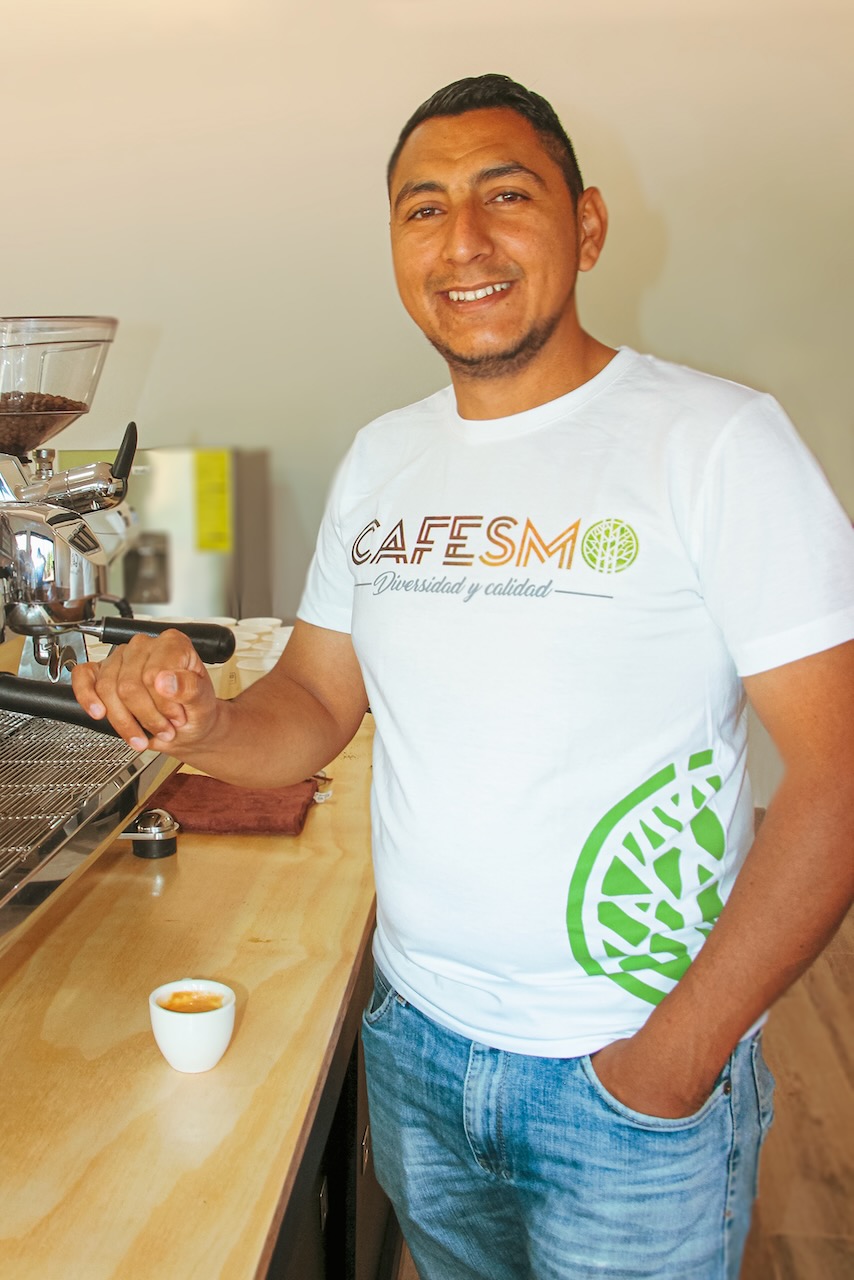
Gateway to World Beyond
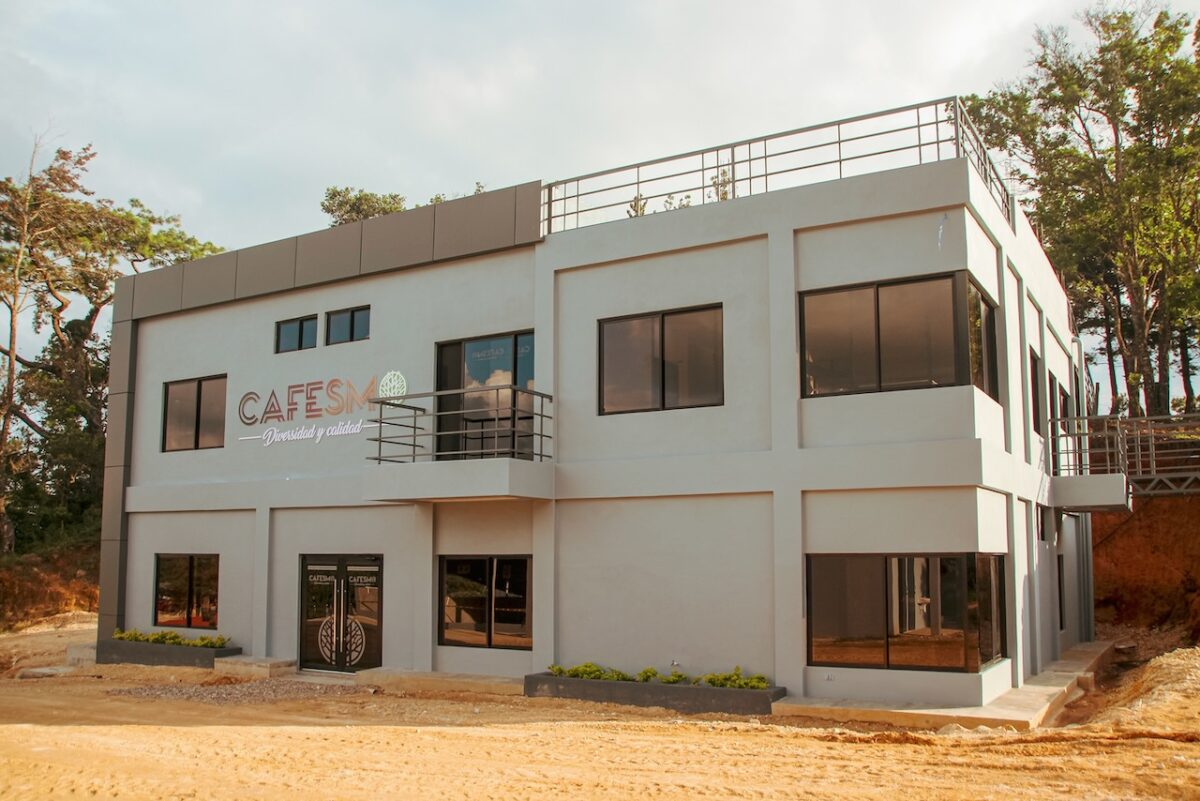
An email from CAFESMO landed in our inbox at the beginning of 2022. It said the group found out about TYPICA’s platform through the introduction of an Amsterdam-based roaster. It was a pleasant surprise to know that there are producers in Honduras as organized and as committed to creating a sustainable coffee industry as CAFESMO. The samples we received soon afterwards were high-quality across the board, some of them so impressive to the point of evocative.
CAFESMO is an organization of some 280 producers headquartered in Mercedes, a border region that sits between Honduras and El Salvador. The group’s official launch dates to 2016. Co-founder Hidardo Hernández has been at its helm ever since. We’ve interviewed Hidardo, a fourth-generation coffee producer born and bred in Mercedes.
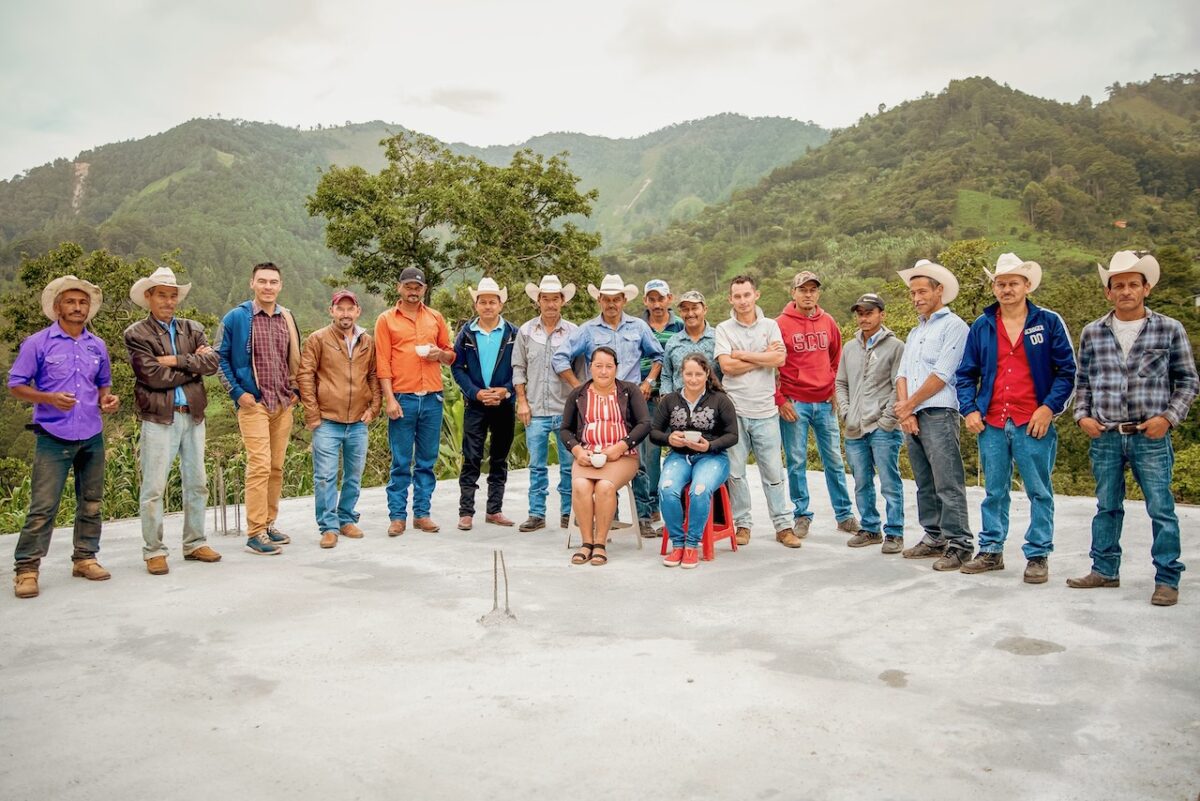
History of CAFESMO
“We founded CAFESMO in 2016 with 86 family members and friends, including my father, Rosalío Ventura and other experienced coffee producers. Our aim was to directly export our coffees to new markets. We knew that coffees in Mercedes were of great quality. Nevertheless, all coffees in our region were commercially produced by exporters. There was no regional organization that supported producers like us.”
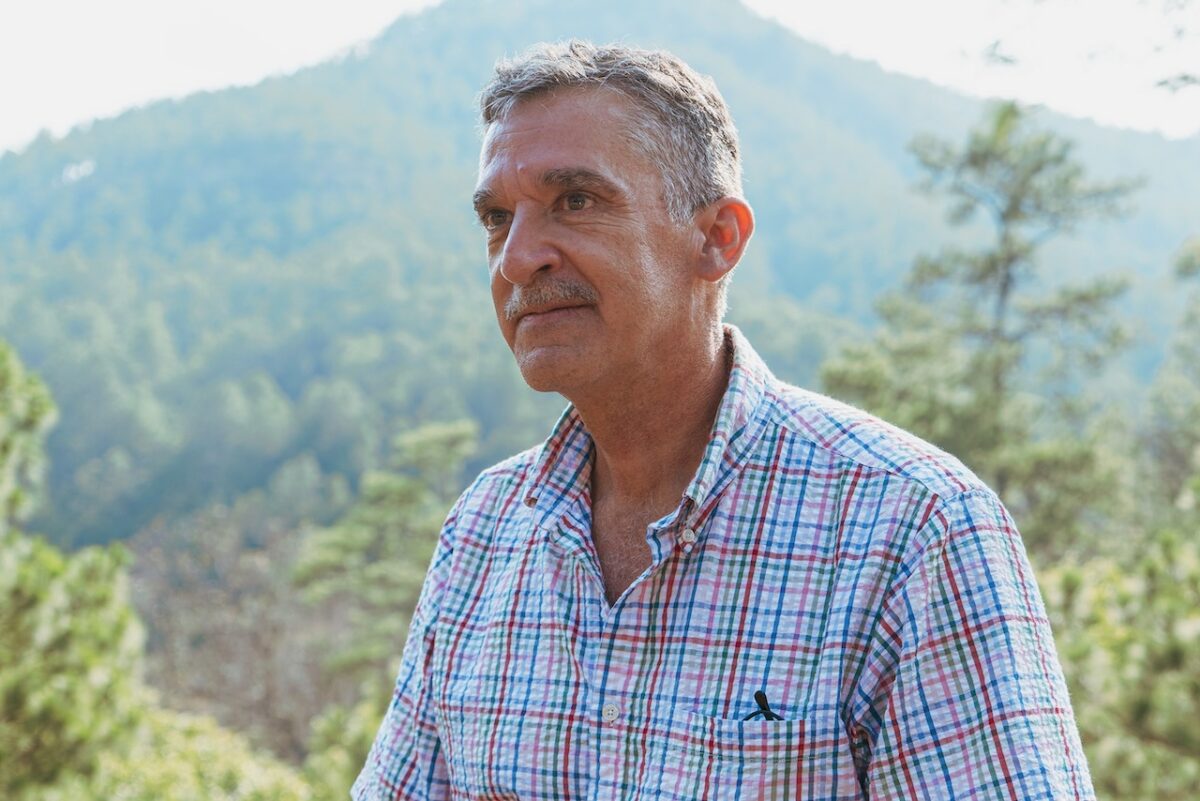
At the time, coffees from Mercedes were mainly distributed as commercial coffee through large international groups. But fortunes changed for Mercedes coffee thanks to Alejandro Valiente, who, as you well know, runs a processing station called CaféNor in El Salvador. He’s offered coffee to TYPICA since 2021.
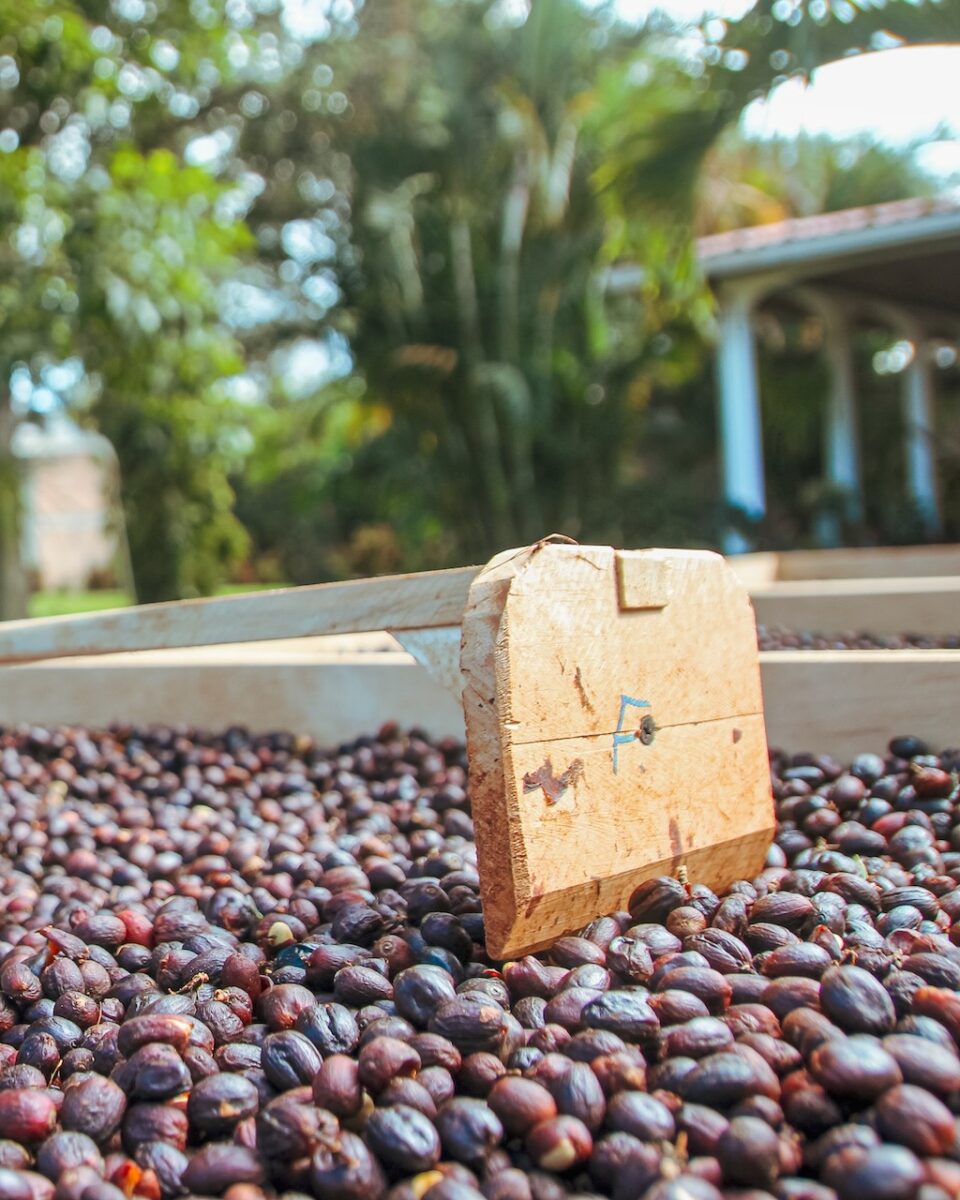
In around 2015, Alejandro, who was then working at Caravela Coffee, visited Mercedes to find coffees for the US market. Upon sampling Rosalío’s coffee, Alejandro highly praised its quality. Alejandro told Rosalío, “Your region has a unique microclimate thanks to wind from the continent, and the altitude is high, too. You should take advantage of these strengths.”
“With the arrival of the third wave,” Hidardo recounts, “Alejandro probably knew that focusing on unique coffees with high added value would be the way to survive. In fact, while we struggled to sell five bags of nano lots in 2016, small roasters nowadays snap them up right away.”
Alejandro went on to help further develop Mercedes’s specialty coffee by putting CAFESMO in touch with US roasters.
We didn’t know about the relationship between CAFESMO and Alejandro until this interview. When you work in coffee, such a serendipitous connection can happen anywhere in the world. And that’s part of the beauty of this job.

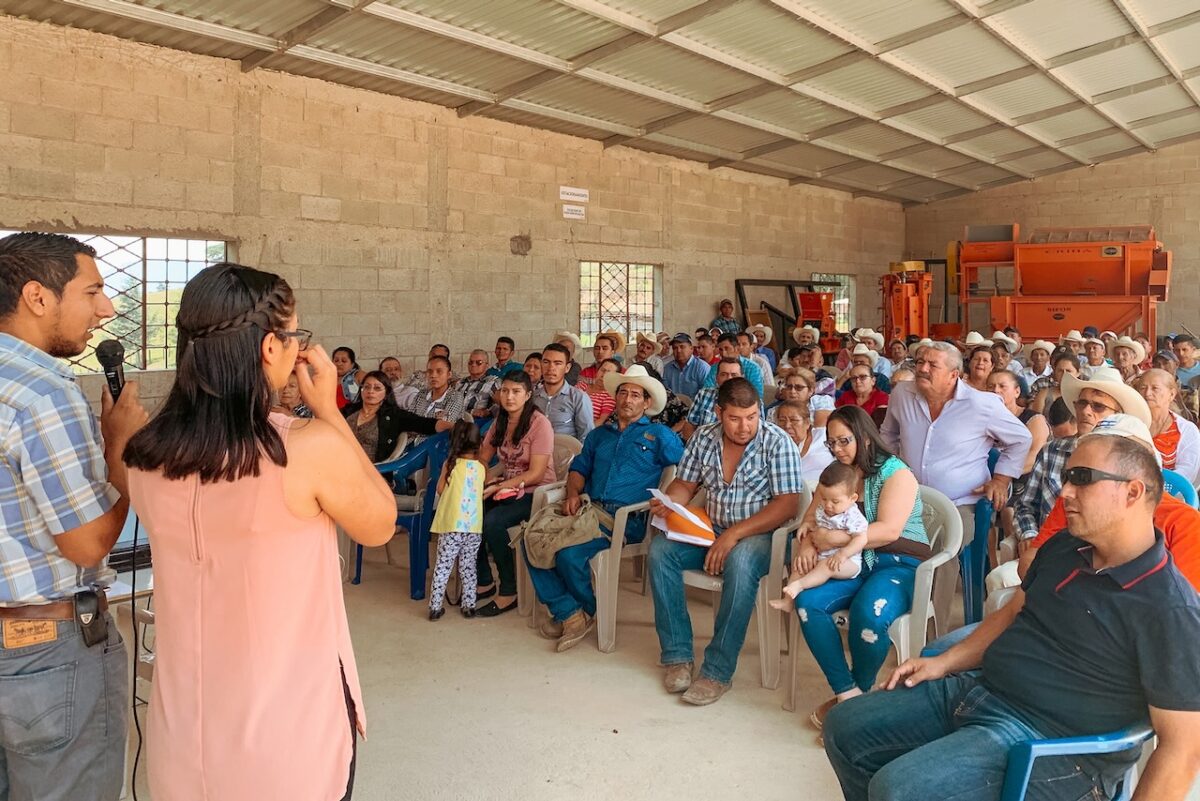
Gateway to world beyond
It can be hard for small-scale producers to export their coffees abroad themselves. For many of them, joining CAFESMO comes with big advantages because they can capitalize on its network of overseas clients, and sell their coffees at a price they deserve. Serving as a bridge between local producers and clients abroad, CAFESMO, then, is a gateway to a world beyond.
CAFESMO runs various initiatives to enhance the quality of Honduran coffee and its sustainability. For instance, the group provides practical fieldwork programs for small-scale producers, subject matters ranging from cultivation techniques to farm management, and agrochemicals to nutrition science. Seminars for baristas and cupping workshops are just other measures to the same end. Thus, CAFESMO is also an educational institution, teaching all things coffee.
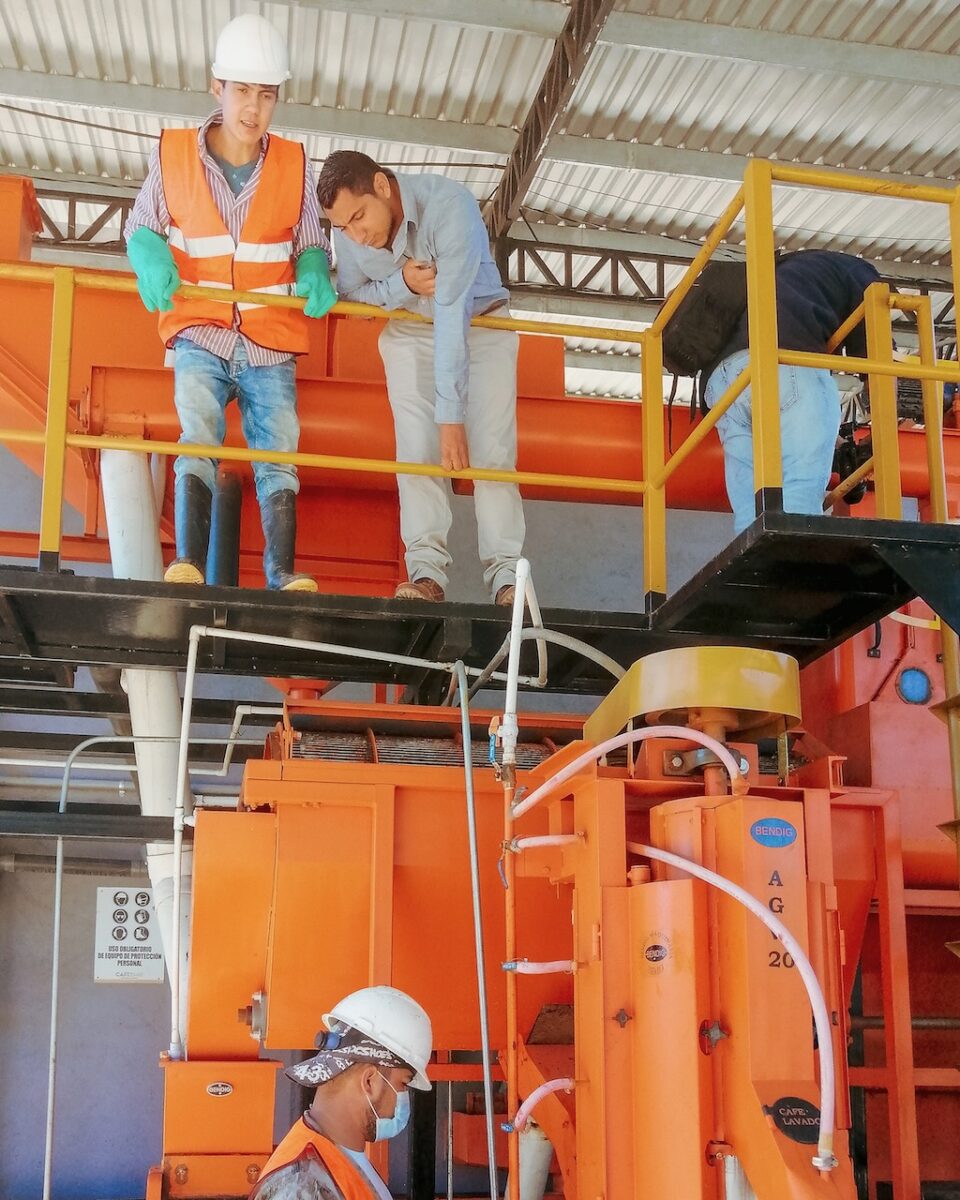
Furthermore, CAFESMO has been engaged in joint programs with the World Bank since 2018, with the goals of boosting its coffee’s competitiveness and rural employment. These projects include building new offices, processing facilities and warehouses and renovating wet mills, all in the effort to improve the quality of coffee and labor productivity.
As more and more people have sympathized with its cause, CAFESMO – which started with around 90 producers – has seen its membership swell to 280 producers as of April 2022. Its activity has expanded outside Mercedes since 2019, making an ever-greater impact on the Honduran coffee industry.
Producers have to go through a screening process before joining CAFESMO. CAFESMO uses several criteria for this procedure, including whether applicants have experience and skills, produce coffee sustainably and can sell coffee through CAFESMO for at least one year. But less than 1% of applicants get rejected, the group says. Though every producer has a chance to take part, the group ensures the quality of its output.
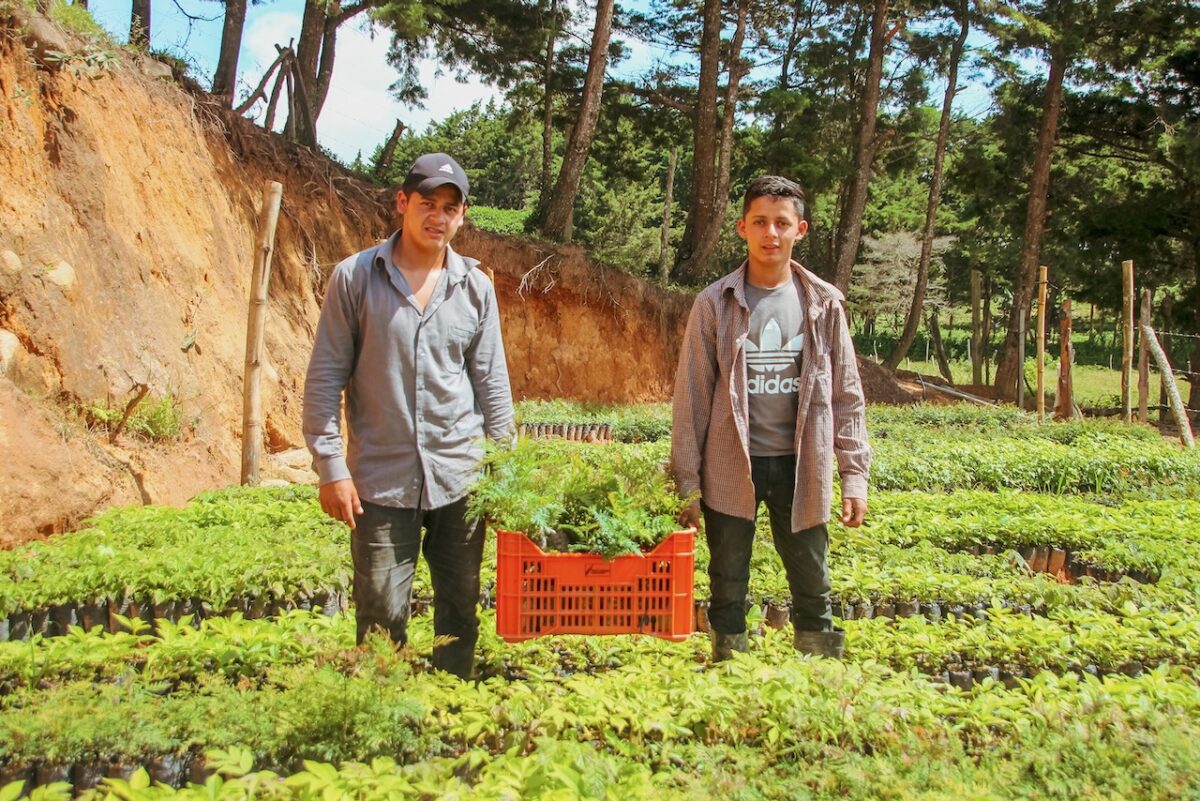
“Many of the producers applying to join CAFESMO are motivated to keep on improving their coffee’s quality,” says Hidardo. “We don’t reject producers who come from other organizations. We are extremely happy that many producers are wishing to join CAFESMO.”
Coffee is considered a risky crop, since it’s susceptible to shifting international prices and climate change. An increasing number of producers are leaving their jobs. But thanks to CAFESMO’s actions to tackle problems, the younger generation is once again rediscovering the appeals of coffee production.
“A shortage of successors is one of the big challenges facing the Honduran coffee industry. Even children of coffee producers are not interested in their parents’ work. More and more young people are moving to bigger cities for job opportunities. But that’s precisely why I feel happy about the fact that young people make up a sizable chunk of CAFESMO members.

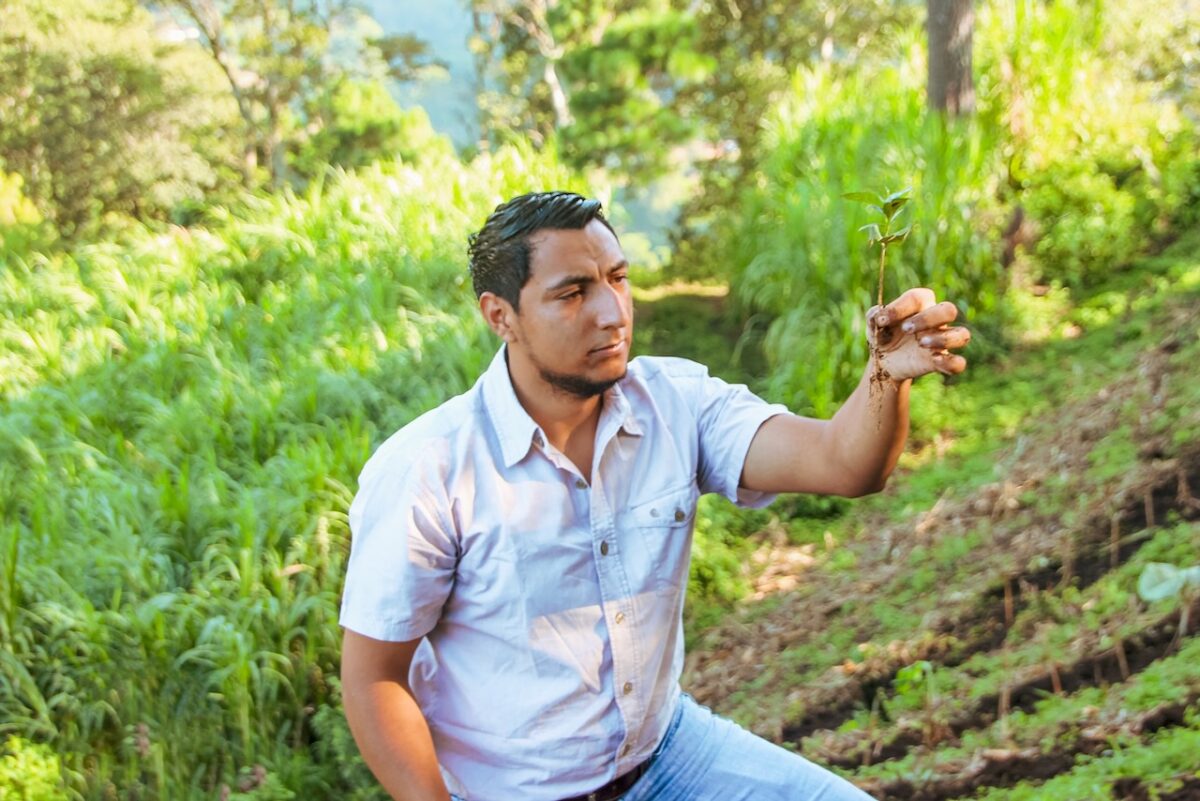
Fruitful friendship
Though Hidard is a fourth-generation coffee producer, he started his career as a barista.
“I opened a cafe in Santa Rosa de Copán in 2016, where I served locally produced coffees. My first challenge was to increase domestic consumption of coffee. So I started to do more work at CAFESMO.”
At CAFESMO, Hidardo oversees management and runs their family farm with his mother and younger brother, a duty he took over from his father, who passed away in 2019.
“Now that CAFESMO has become a big team with more members, we need more funds to finance our operations. But thanks to its growth, I’ve been able to look at the coffee industry from different perspectives, such as financing, processing and export. I love my job because, though challenging, it allows me to feel the dynamism of the industry.”
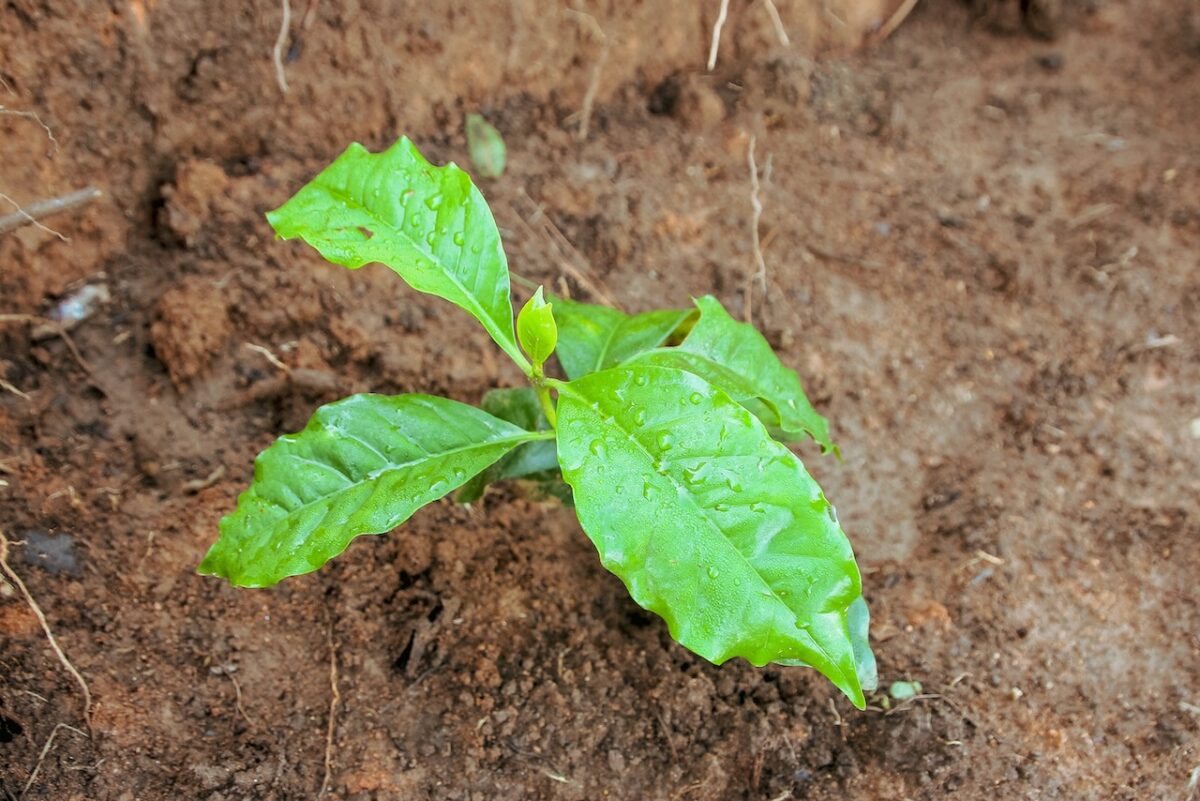
Carrying on the spirit of his father, Hidardo now devotes himself to CAFESMO. If the third wave was the catalyst for the launch of CAFESMO, the group is now on the cusp of causing a new wave; that is, creating a world where producers – however small they are – can connect directly with roasters. Needless to say, that vision is in line with TYPICA’s.
“Since we aim to be a bridge between producers and roasters, we feel the greatest joy when we establish new business relationships between them. We’ve been able to grow significantly in a short time. I think that’s the result of those relationships evolving into fruitful friendships.”
As CAFESMO continues its expansion beyond Mercedes and into other regions, it is now steering the development of coffee production in all of Honduras. We hope friendships the group forges between producers and roasters will further deepen through TYPICA.
